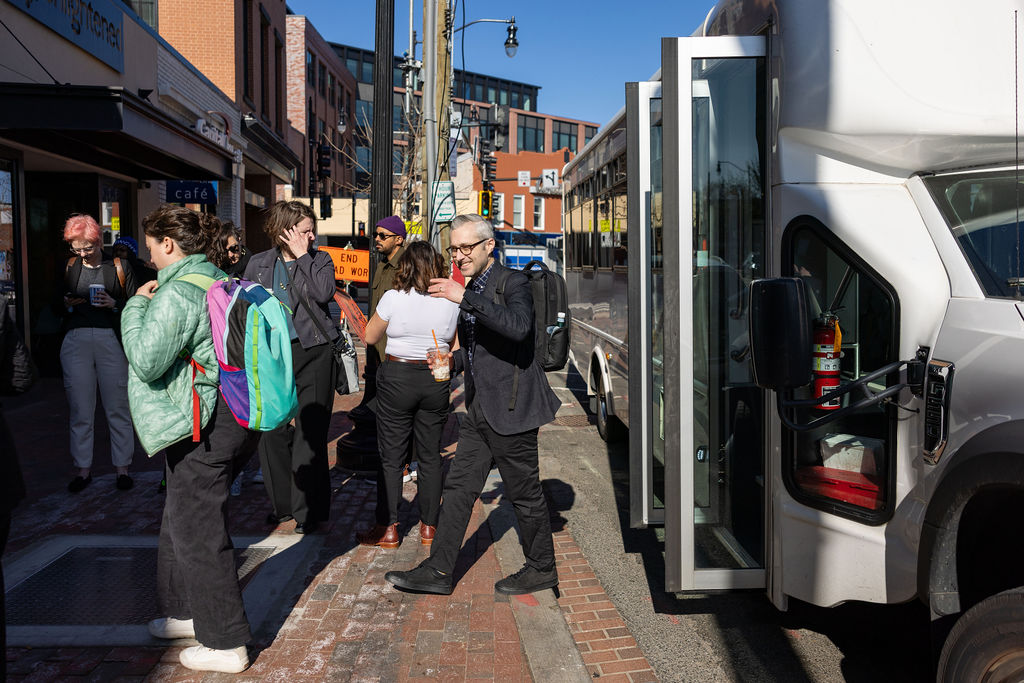
Will Oregon’s DOT change how they do business?

Buttressed by public opinion, a new oversight effort and legislative action, momentum is building in Oregon for increasing transparency and accountability in how the state’s transportation agency does its business.

I-5 over the Columbia River in Oregon. Flickr photo by Doug Kerr. httpswww.flickr.com/photos/dougtone/7459949082
Governor Kate Brown and the Oregon legislature have been working for well over a year to restart efforts to raise new state revenues for transportation after a failed attempt in 2015. Two separate special committees have toured the state for listening sessions, and have developed or are in the process of developing proposals for a transportation investment package.
These efforts to raise new funding have put a spotlight on the Oregon Department of Transportation (ODOT). A growing number of legislators, local leaders and members of the public are asking whether or not ODOT’s investment choices are maximizing return on investment, and whether those decisions are made with adequate accountability and transparency.
While the agency is respected for innovative programs like ConnectOregon’s competitive grants and a strong commitment to fix-it-first principles, it has stumbled occasionally as well, including the failure to win support for the problematic Columbia River Crossing mega-project, massive cost overruns on a rural highway project in the landslide-prone coastal mountains, and ill-timed miscalculation of carbon emissions estimates related to failed 2015 transportation investment legislation.
In late 2015 members of the legislature demanded, and the governor commissioned, an audit of ODOT to review the agency’s management structure and oversight.
Just this last week, the Oregon Transportation Commission (OTC), a body of five volunteers appointed by the governor to oversee ODOT, has jumped into the fray. OTC Chair Tammy Baney took the unusual step of sending a formal letter to Governor Brown requesting dedicated independent staff and participation in the agency director’s performance review — to help the OTC fulfill its oversight duties.
This latest move by the OTC coincides with similar efforts in the legislature.
Representative Jeff Reardon (D) has introduced a bill (HB 2532) directing the “Oregon Transportation Commission to adopt rules establishing quantitative system for scoring and ranking transportation projects that are being considered by commission for inclusion in Statewide Transportation Improvement Program.”
Transportation for America has assisted in developing this bill, which draws on programs in Virginia, Massachusetts, Washington State, and others. The legislative session starts this week, and the bill already enjoys support from five other legislators, including top Senate transportation committee Republican Brian Boquist.
With all these efforts to reform ODOT now in motion, this Thursday’s meeting of the new oversight group should be lively. OTC members and meeting attendees will learn about the draft findings from the ODOT audit for the first time — a topic that will almost certainly touch on the accountability and transparency of ODOT’s business decisions.



